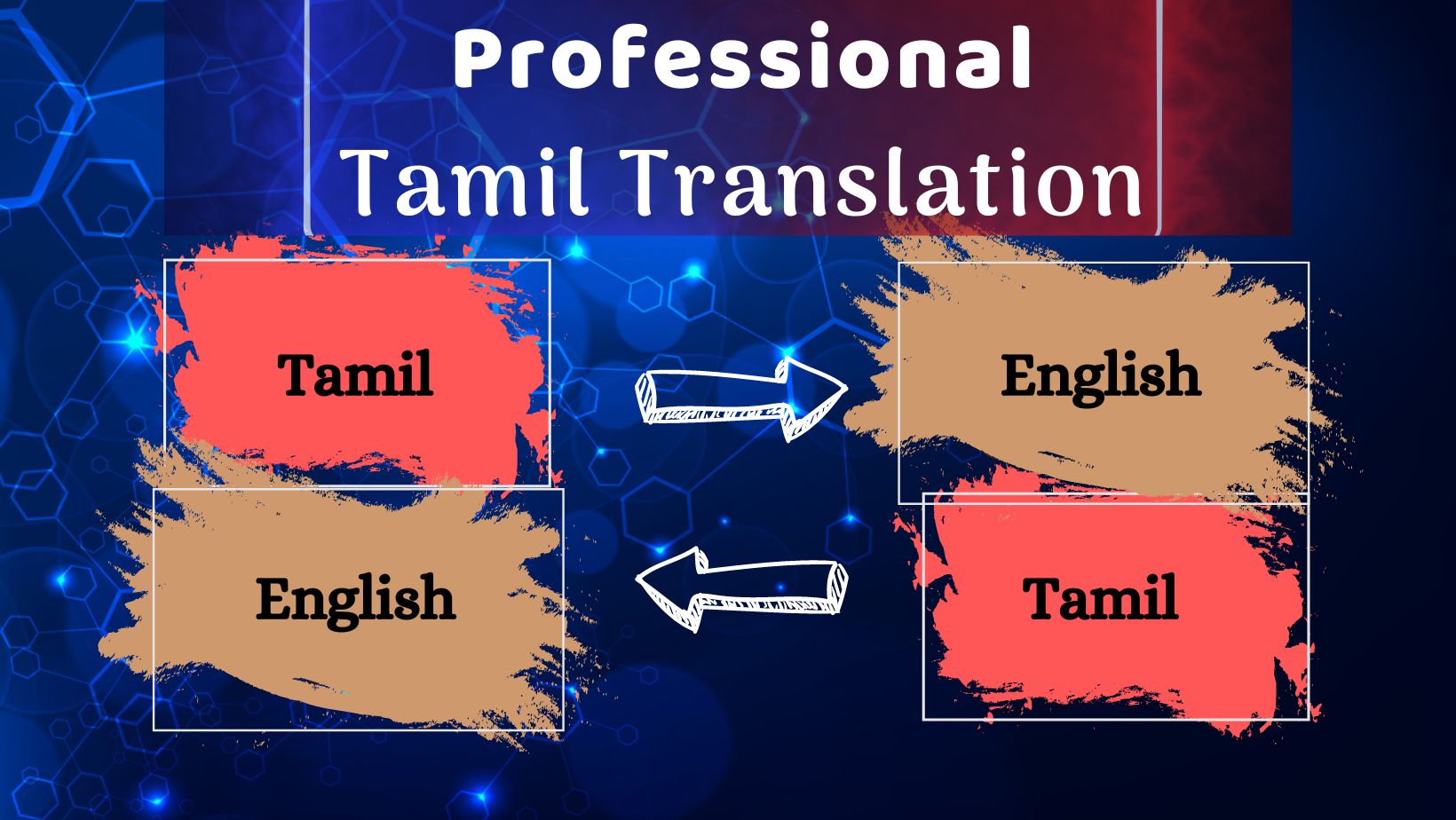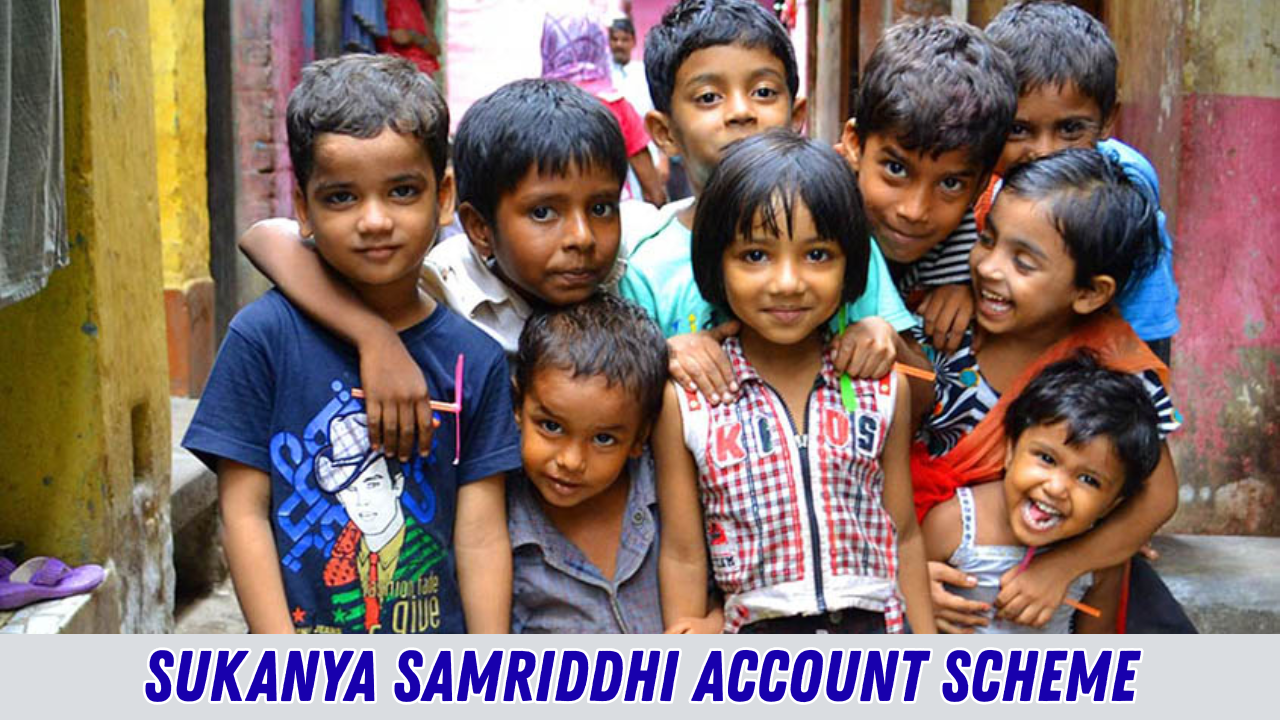Introduction to the Department
The Department of Employment and Training is a vital government body that plays a key role in shaping the workforce of a nation. It is dedicated to bridging the gap between job seekers and employment opportunities while also focusing on skill development to enhance employability. In many states across India, including Tamil Nadu, this department operates with the objective of promoting economic growth by ensuring a well-trained and job-ready population.
Mission and Vision
The department’s primary mission is to offer meaningful employment to the youth by matching their skills with market demands. Its vision is to build a sustainable employment ecosystem where every individual has access to training and job opportunities that suit their capabilities and aspirations.
Core Functions of the Department
The Department of Employment and Training operates on two primary fronts: providing employment services and delivering vocational training. Employment services include registration of job seekers, conducting job fairs, employer outreach, and maintaining live employment exchanges. Vocational training is conducted through Industrial Training Institutes (ITIs), where students are trained in various trades aligned with industry standards.
Employment Exchanges and Career Guidance
One of the key services offered by the department is the operation of employment exchanges. These centers serve as a hub for job seekers to register their qualifications and experiences, making it easier for employers to find suitable candidates. Career guidance and counseling services are also provided to help youth make informed career choices based on their interests and aptitude.
Industrial Training Institutes (ITIs)
The department manages a network of ITIs across the state, offering training in diverse trades such as electrical, plumbing, welding, computer operations, and more. These institutes not only equip trainees with hands-on skills but also focus on personality development and soft skills to make them workplace-ready. Many ITIs also collaborate with industries for campus placements and apprenticeship programs.
Skill Development Initiatives
Recognizing the importance of continuous learning, the department frequently launches skill development programs in collaboration with central government schemes like Skill India, PMKVY, and other private partners. These programs aim to upskill and reskill individuals to meet the dynamic demands of the job market.
Online Services and Job Portals
To make employment services more accessible, the department has embraced digital transformation. Many states have launched dedicated online portals where candidates can register, update their profiles, search for jobs, and apply for training programs from the comfort of their homes. These portals also help employers post job openings and shortlist potential candidates based on qualifications and experience.
Apprenticeship Opportunities
The department actively promotes apprenticeships by encouraging both private and public sector companies to hire trainees. These apprenticeships provide real-world experience, helping individuals transition smoothly from training to full-time employment. In many cases, apprentices are offered permanent roles upon successful completion of their tenure.
Collaboration with Industries
A key strength of the Department of Employment and Training is its collaboration with various industries to ensure that the training curriculum is relevant and up to date. Advisory committees comprising industry experts are often involved in designing syllabi, conducting assessments, and providing internship opportunities for students.
Job Fairs and Mega Recruitment Drives
The department regularly organizes job fairs and mega recruitment drives, where multiple employers participate under one roof. These events are designed to provide instant job opportunities and enable candidates to interact directly with HR professionals. Such platforms are particularly beneficial for rural youth who may not have easy access to corporate recruitment channels.
Support for Marginalized Groups
In its mission to ensure inclusive growth, the department pays special attention to marginalized groups such as women, persons with disabilities, and socially disadvantaged communities. Customized training programs, special quotas in ITIs, and reserved placement drives are organized to uplift these sections of society.
Monitoring and Evaluation
To ensure effectiveness, the department employs a robust monitoring and evaluation system. Regular assessments, feedback from trainees, and placement statistics are used to gauge the success of various initiatives. This data-driven approach allows for timely course corrections and improvements in program delivery.
Challenges Faced
Despite its wide-reaching impact, the department faces several challenges, including the need for more modern training infrastructure, better industry linkage, and increased awareness among youth about the available services. Addressing these issues requires greater budget allocation, policy support, and public-private partnerships.
Future Plans and Innovations
The Department of Employment and Training is continuously evolving to meet the future needs of the workforce. Plans are underway to integrate artificial intelligence, virtual training modules, and advanced simulators into ITI training. There is also a focus on green jobs, digital skills, and emerging technologies to future-proof the workforce.
Conclusion
The Department of Employment and Training serves as a backbone for workforce development in India. By providing employment support, vocational education, and skill development opportunities, it plays a crucial role in reducing unemployment and fostering economic growth. As industries evolve and the demand for skilled labor increases, the department’s role becomes even more significant in creating a robust and employable population.






